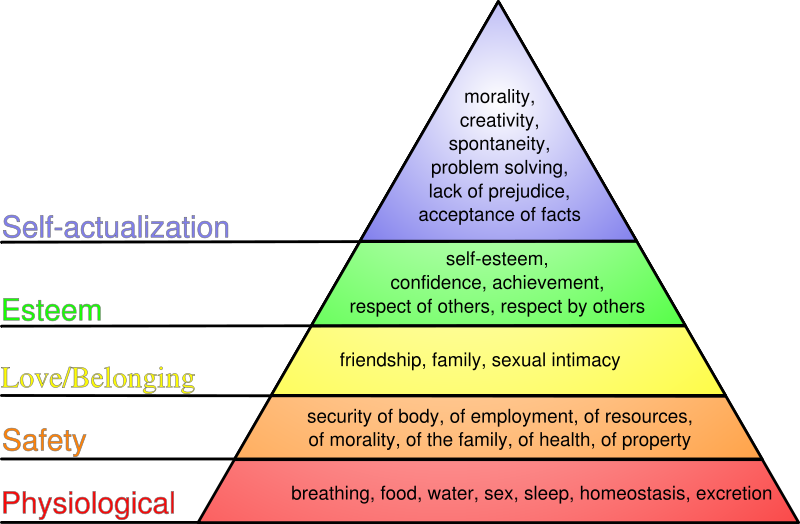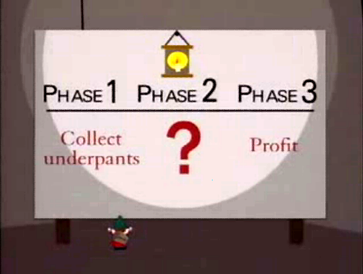WASHINGTON (Reuters) - Money can buy happiness, but only if you spend it on someone else, researchers reported on Thursday.
Spending as little as $5 a day on someone else could significantly boost happiness, the team at the University of British Columbia and Harvard Business School found.
Their experiments on more than 630 Americans showed they were measurably happier when they spent money on others -- even if they thought spending the money on themselves would make them happier.
"We wanted to test our theory that how people spend their money is at least as important as how much money they earn," said Elizabeth Dunn, a psychologist at the University of British Columbia.
They asked their 600 volunteers first to rate their general happiness, report their annual income and detail their monthly spending including bills, gifts for themselves, gifts for others and donations to charity.
"Regardless of how much income each person made, those who spent money on others reported greater happiness, while those who spent more on themselves did not," Dunn said in a statement.
Dunn's team also surveyed 16 employees at a company in Boston before and after they received an annual profit-sharing bonus of between $3,000 and $8,000.
"Employees who devoted more of their bonus to pro-social spending experienced greater happiness after receiving the bonus, and the manner in which they spent that bonus was a more important predictor of their happiness than the size of the bonus itself," they wrote in their report, published in the journal Science.
"Finally, participants who were randomly assigned to spend money on others experienced greater happiness than those assigned to spend money on themselves," they said.
They gave their volunteers $5 or $20 and half got clear instructions on how to spend it. Those who spent the money on someone or something else reported feeling happier about it.
"These findings suggest that very minor alterations in spending allocations -- as little as $5 -- may be enough to produce real gains in happiness on a given day," Dunn said.
This could also explain why people are no happier even though U.S. society is richer.
"Indeed, although real incomes have surged dramatically in recent decades, happiness levels have remained largely flat within developed countries across time," they wrote.








"A soldier will fight long and hard for a bit of coloured ribbon" - Napoleon
The concept has been long-observed that people will work their asses off for a symbol of accomplishment.
http://games.slashdot.org/comments.pl?sid=910927&cid=24769751 ..bruce..
So, one of my 'coming-up-to-speed' techniques was to write a program that interested me. In this case, I wrote a program that would randomly roll up and print out D&D monsters and NPCs, complete with stats. By the time I had that program working, I pretty much knew how to use the system and how to do software development on it. I think I still have some of those printouts in my files at home.